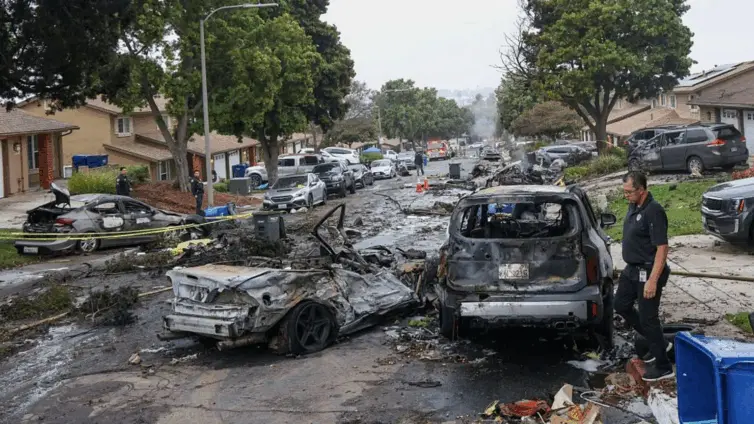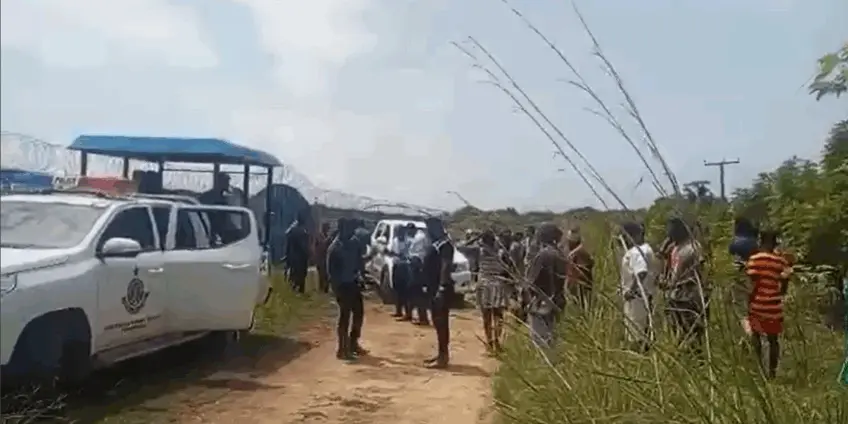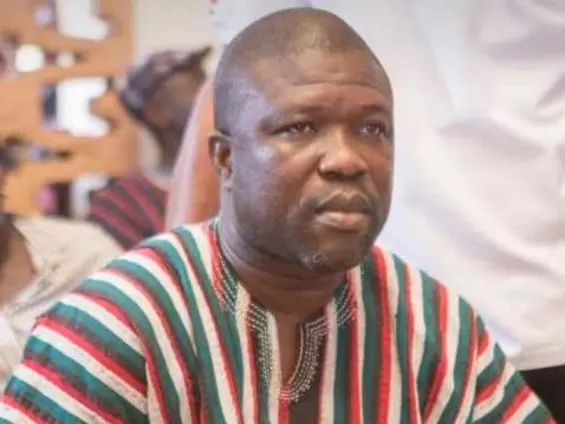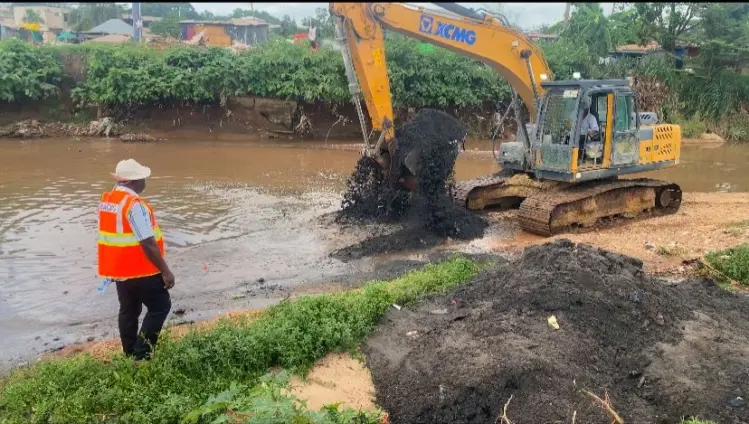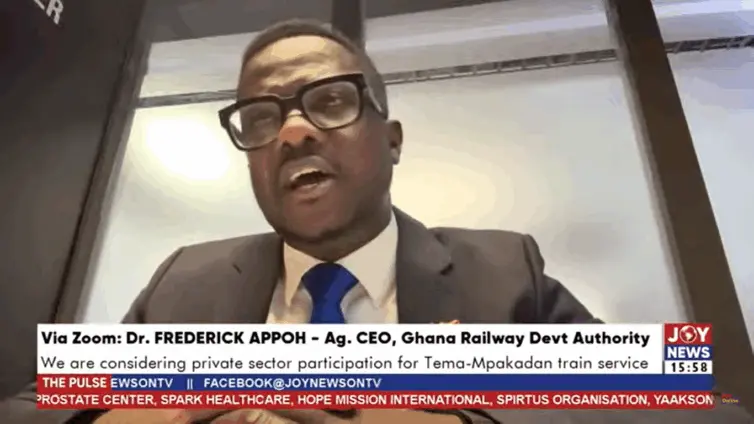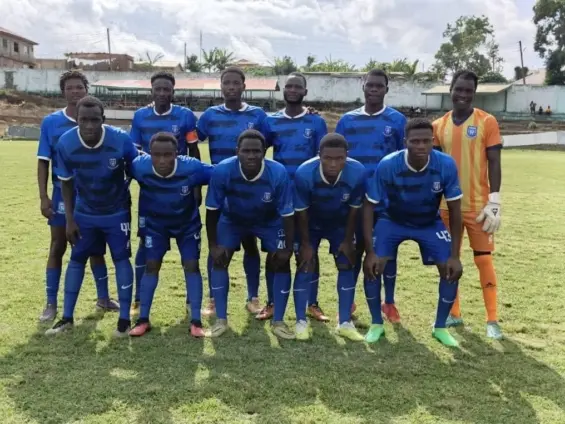The recent Accra crackdown on undocumented migrants by the Ghana Immigration Service (GIS) has ignited a debate about national security versus human rights. The operation, primarily targeting street beggars, has swept up hundreds, shining a harsh light on the desperation that drives individuals to seek refuge and survival on the streets of Ghana’s capital. Initial reports from the GIS frame the operation as a necessary step to enforce immigration laws and maintain order. However, firsthand accounts from the detained migrants paint a picture of extreme hardship and a desperate search for sustenance, raising difficult questions about the ethical implications of such large-scale enforcement. The impact of this Accra crackdown on undocumented migrants is a complex issue, with the Ghana Immigration Service facing scrutiny, and the migrant hardships becoming increasingly apparent as immigration enforcement intensifies.
The GIS operation, initiated on Friday, May 16th, is intended to address concerns related to national security and sanitation. The stated objective is to remove street beggars from Accra, many of whom are believed to be undocumented migrants from neighboring countries. Hundreds of individuals, including women, children, and men, have been detained in the Accra crackdown. The GIS asserts that this action is essential for enforcing immigration laws, but critics argue that it disproportionately affects vulnerable populations.
“Finding food has become a serious problem for us,” lamented one detained migrant. “We are here only because we need to survive, to find something to eat—nothing more.” These words underscore the dire circumstances that compel individuals to leave their homes and seek refuge elsewhere. Many undocumented migrants have lost family members and face insurmountable challenges in their home countries. Begging becomes a last resort, a desperate measure to secure basic necessities.
The challenges faced by undocumented migrants in Ghana extend beyond the immediate threat of deportation. They often lack access to food, shelter, and basic necessities, making them vulnerable to exploitation and abuse. The constant fear of being apprehended and separated from their families adds to the emotional and psychological toll. Their experiences highlight the urgent need for humanitarian assistance and protection.
Public reaction to the Accra crackdown is divided. Some Ghanaians support the Immigration Service’s efforts, citing concerns about national security and the perceived strain on resources. They argue that the government has a responsibility to enforce its laws and maintain order. “We truly appreciate the government’s and the Immigration Service’s efforts,” stated one supporter of the initiative.
However, other voices express empathy for the migrants, acknowledging their limited options and the desperate circumstances that led them to Ghana. “If they were able to sell water or do any kind of work, they wouldn’t be in the situation they are now,” observed one local resident, highlighting the lack of economic opportunities available to undocumented migrants.

The GIS plans to continue the operation in phases across other major cities, focusing on ensuring the orderly enforcement of immigration regulations. This raises concerns about the potential for increased vulnerability among undocumented migrants and the impact on regional relations and migration patterns. A comprehensive solution is needed that addresses the root causes of migration and provides humane and sustainable alternatives.
The Accra crackdown on undocumented migrants highlights the complexities of immigration enforcement and the urgent need for compassionate and effective solutions. While national security concerns are legitimate, the plight of vulnerable individuals seeking survival cannot be ignored. Balancing law enforcement with human rights requires a nuanced approach that considers the perspectives of all stakeholders, from the GIS to the migrants themselves. Continued monitoring and assessment of the effects on these vulnerable people are needed. The focus on migrant hardships, in conjunction with the Ghana Immigration Service’s efforts, demonstrates the tightrope act of immigration enforcement.
Image Source: MYJOYONLINE


